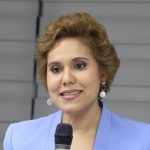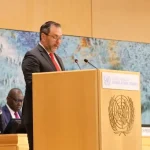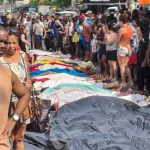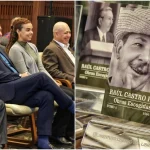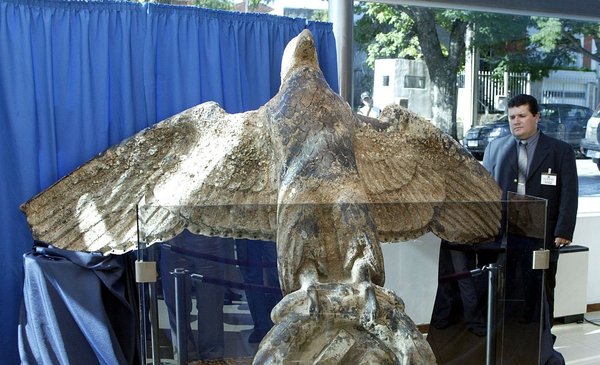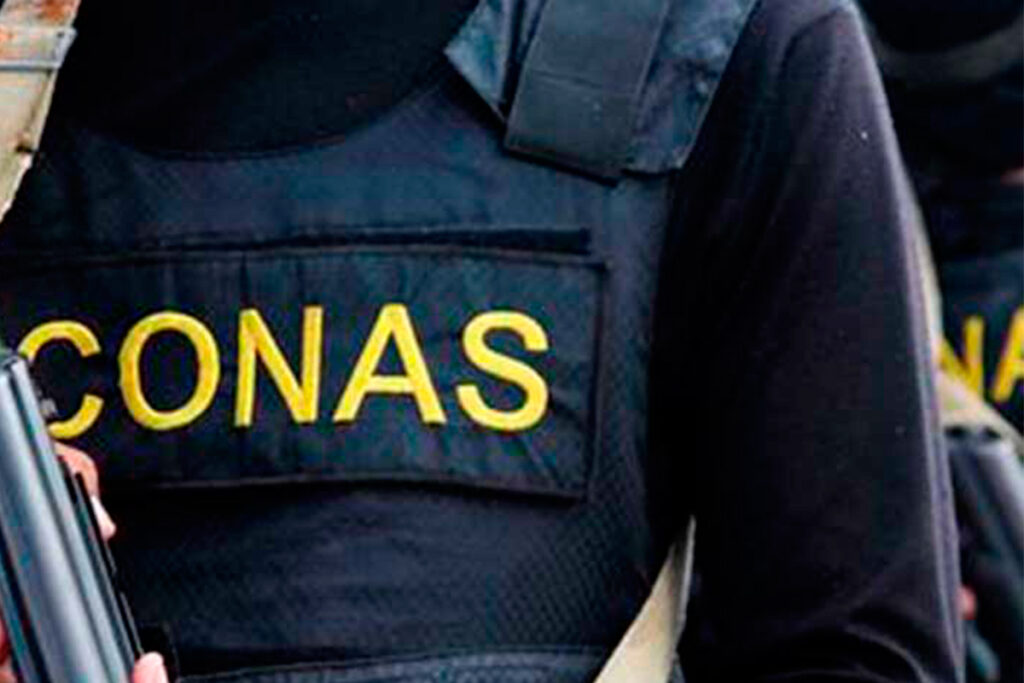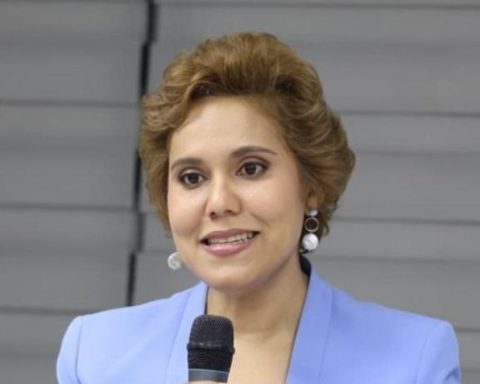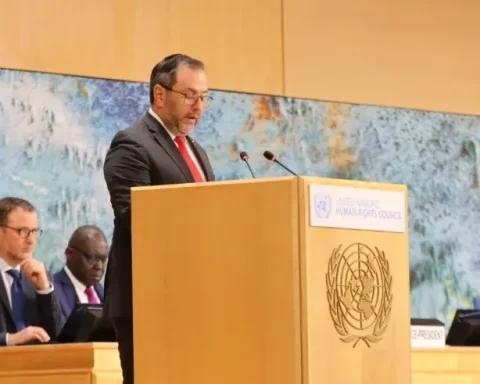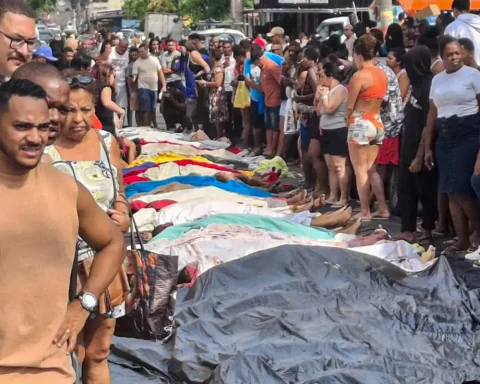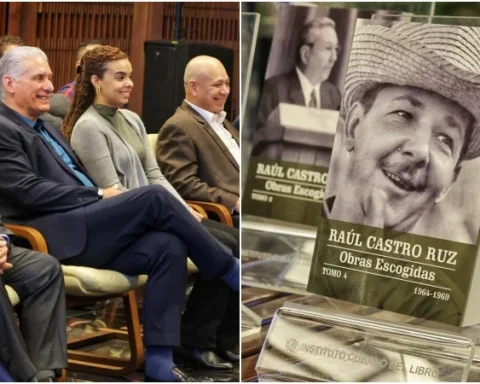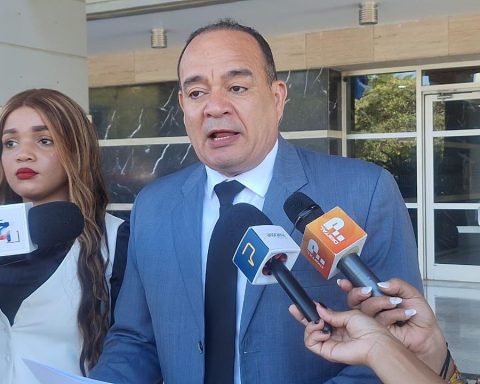June 20, 2023, 10:28 PM
June 20, 2023, 10:28 PM
Police and citizens clashed violently this Tuesday in the northern Argentine province of Jujuy during a demonstration against a reform of the local Constitution that penalizes some forms of protest.
The shocks left between 50 and 70 people injuredmostly due to stones and injuries from rubber bullets, indicated the director of the local emergency service, Pablo Jure.
“Only one person has a more serious situation, with head trauma,” he said.
in the day, more than 20 people were arrested, according to a source from the provincial Ministry of Security told AFP. In addition, there are about twenty cuts on the roads.
A massive mobilization of indigenous organizations and social in front of the provincial parliament led to riots when activists threw stones at the police infantry guard who repressed with rubber bullets and tear gas.
The reform expressly prohibits “blocks of streets and routes, as well as any other disturbance to the right to free movement of people and the improper occupation of public buildings in the province”, which the protesters denounce as a limitation on the right to protest.
The text also contemplated modifications regarding the right to land of the indigenous peoples, but were suspended at the last moment.
In a statement, the Inter-American Commission on Human Rights (IACHR) asked Argentina to respect “standards for the use of force.”
This organ of the Organization of American States (OAS) called on the State “to respect the right to freedom of expression, the inter-American standards of the use of force, and to carry out a process of effective, inclusive and intercultural dialogue”.
The commission reminds the State that “the right to free consultation and consent, prior and informed, is a fundamental principle” to guarantee the participation of indigenous peoples in decisions that affect their rights.
road cuts “are legitimate and protected modalities for the right to protest”, insists the IACHR.
The province is governed by Gerardo Morales, pre-candidate to president for the elections on October 22, at the head of a sector of the liberal Together for Change, an opponent of the government of Alberto Fernández (centre-left Peronist).
Morales and Fernández accused each other of disorders.
“I hold the president @alferdez (Alberto Fernández) and the vice president @CFKArgentina (Cristina Kirchner) responsible for the eextreme violence that is being experienced in the province of Jujuy,” Morales wrote on Twitter.
“You are solely responsible for having led our beloved province of Jujuy to this borderline situation by trying to impose a constitutional reform that does not respect the National Constitution”, Fernández replied by demanding the “immediate cessation of the repression”.
Thousands of representatives of the almost 300 indigenous communities based in the foothills of the Andes joined guilds of teachers and state workers for two weeks to protest with roadblocks and marches through the provincial capital of San Salvador.
Morales described the reform as “progressive” in a press conference this Monday, but the leaders of the demonstrations rejected it, stating that it “limits the right to protest and strike and questions the property of indigenous communities,” according to documents distributed to the press.
“They are eliminating our rights to ancestral lands,” said Verónica Chávez, president of the Tres Pozos Community of the Kolla People, at a press conference. province of 800,000 inhabitantswith an economy based on the production of sugar and paper, lithium exports and tourism in the high mountains.
Morales said on Monday that the communities “have doubts, it is legitimate.” Announcing that he would back down on some articles on land ownership he said: “I understand them and that’s why we stop the ball and we go back.”
The governor confirmed this Tuesday the oath of the new Constitution, but it was not clarified which were the modified texts.







